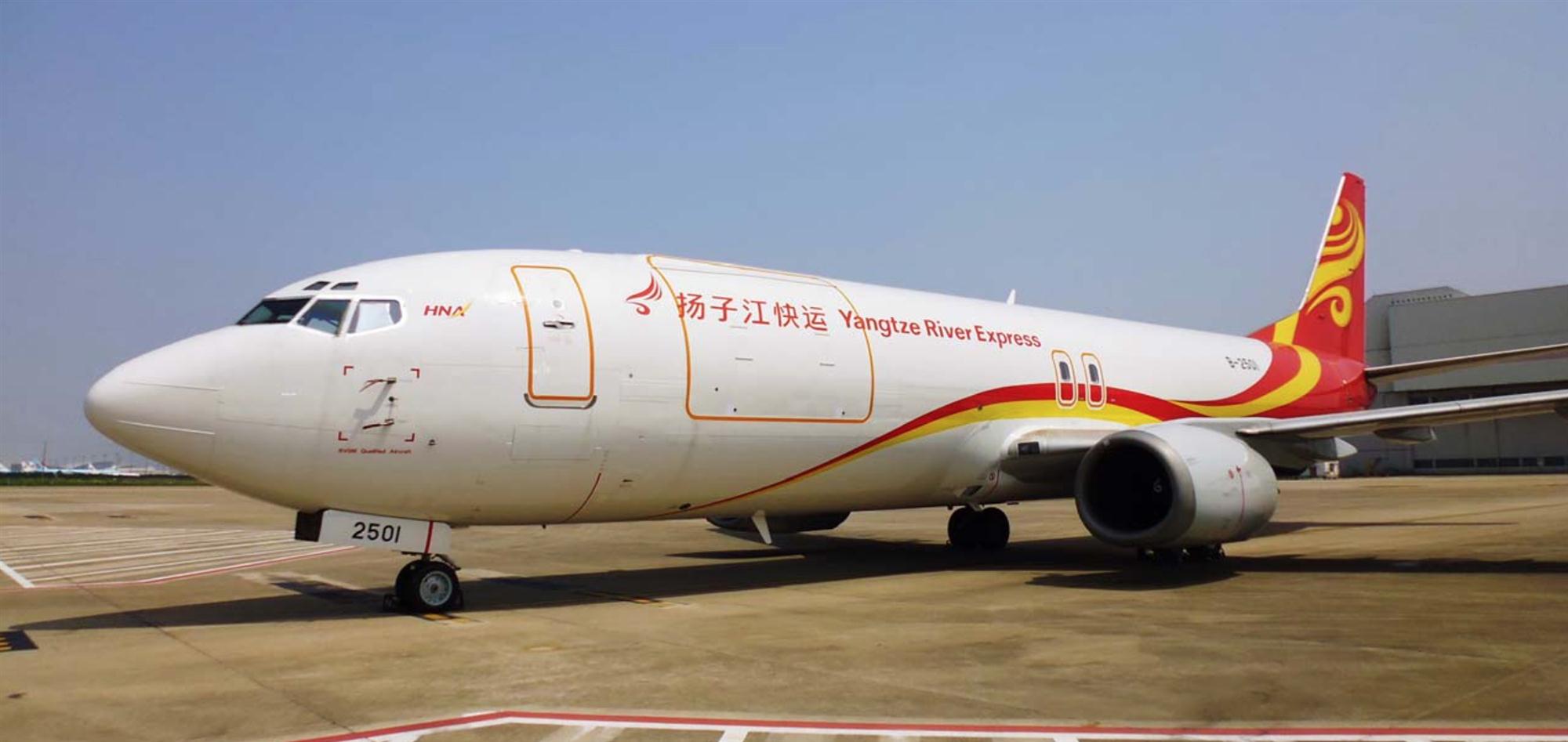The latest programmes to turn passenger narrowbody aircraft into freighters have fired up their engines with new players and orders. Both the schemes for the Boeing 737NG and for Airbus A320/321 types have gained solid footing and are firmly headed for take-off.
The 737NG programme, which was first launched last year by narrowbody conversion specialist Aeronautical Engineers Inc. (AEI), received a massive boost at the Paris Air Show in late June when GE Capital Aviation Services, the largest freighter aircraft leasing firm in the world, signed an order for up to 20 737-800 conversions with AEI. GECAS has a fleet of almost 50 737 Classic freighters (mostly 737-400s) and more than 250 737-800 passenger aircraft on its books.

Bob Convey, vice president of sales and marketing of AEI, is bullish on the 737-800 freighter, expecting broad adoption by both integrators and freight haulers in emerging markets. “I think this will be the standard global narrowbody freighter,” he commented.
The Paris Air Show also provided a fillip to conversions of the other dominant narrowbody type, the A320/321. Initially launched in 2011 but shelved after just three months (for which Airbus cited strong demand for passenger A320s), the A320 conversion scheme resurfaced last September when PacAvi Group announced the start of its programme, which has garnered 42 conversion orders to date. Since the Paris event A320 conversions have a second leg to stand on, courtesy of Singapore-based ST Aerospace, which signed an agreement with Airbus for conversions.
The A320P2F, with 11 maindeck container positions, will be capable of carrying 21 metric tonnes of payload over 2,100 nautical miles (nm), while the A321P2F with 14 main-deck positions will be able to carry up to 27 tonnes over 1,900nm. AEI’s freighter version of the 737-800 will be able to carry 12 pallets on the main deck or 11 full-size containers plus one half ULD position.
The provider base for turning 737NGs into all-cargo configuration expanded in April, when Israel Aerospace Industries launched its programme to convert 737-700s, following in the footsteps of Pemco, which also targets the -700 variant first. AEI, on the other hand, is going straight for the larger 737-800, which will have two more pallet positions.
PacAvi expects deliveries of its A320Fs to commence in 2017. According to Airbus and ST Aerospace, the first converted A321P2F will be delivered in 2018. GECAS has indicated that it hopes to have two or three 737-800Fs ready for the 2017 peak season.
In the meantime, AEI and other conversion companies are busy turning B737-400s into all-cargo aircraft. Having converted 27 737s into all-cargo configuration last year, AEI is aiming to turn around 30 planes this year. Rampant demand has been fuelled by the explosive growth in e-commerce, especially in China, but also in emerging economies like Brazil. The retirement of B727 freighters, which are coming to the end of their active life, is adding to the need for more narrowbody freighters with nine or more pallet positions.
In China, the ranks of narrrowbody freighter operators are about to be joined by two new carriers, YTO Express Airlines and Ningxia Cargo Airlines. The former is the airline arm of YTO Express; with a volume of 1.5 billion packages moved each year, it is one of the country’s largest express operators, which is seeking to emulate the approach of SF Express and China Post of operating its own airline. YTO Express has received approval for charter operations and is awaiting its air operator’s certificate.
Ningxia Cargo Airlines recently obtained preliminary approval from the Civil Aviation Administration of China to operate from its base at Yinchuan Hedong International Airport. It has acquired three B737-400Fs from Zhejiang Loong Airlines. YTO Express also has three 737-400Fs at the moment.
Conversion lines for 737s and A320s will be busy for years, given that operating economics do not permit the development of production freighters in the narrowbody segment. Airbus projects demand of more than 600 aircraft over the next 20 years for conversions in the small freighter arena.
By Ian Putzger
Air Freight Correspondent | Toronto




